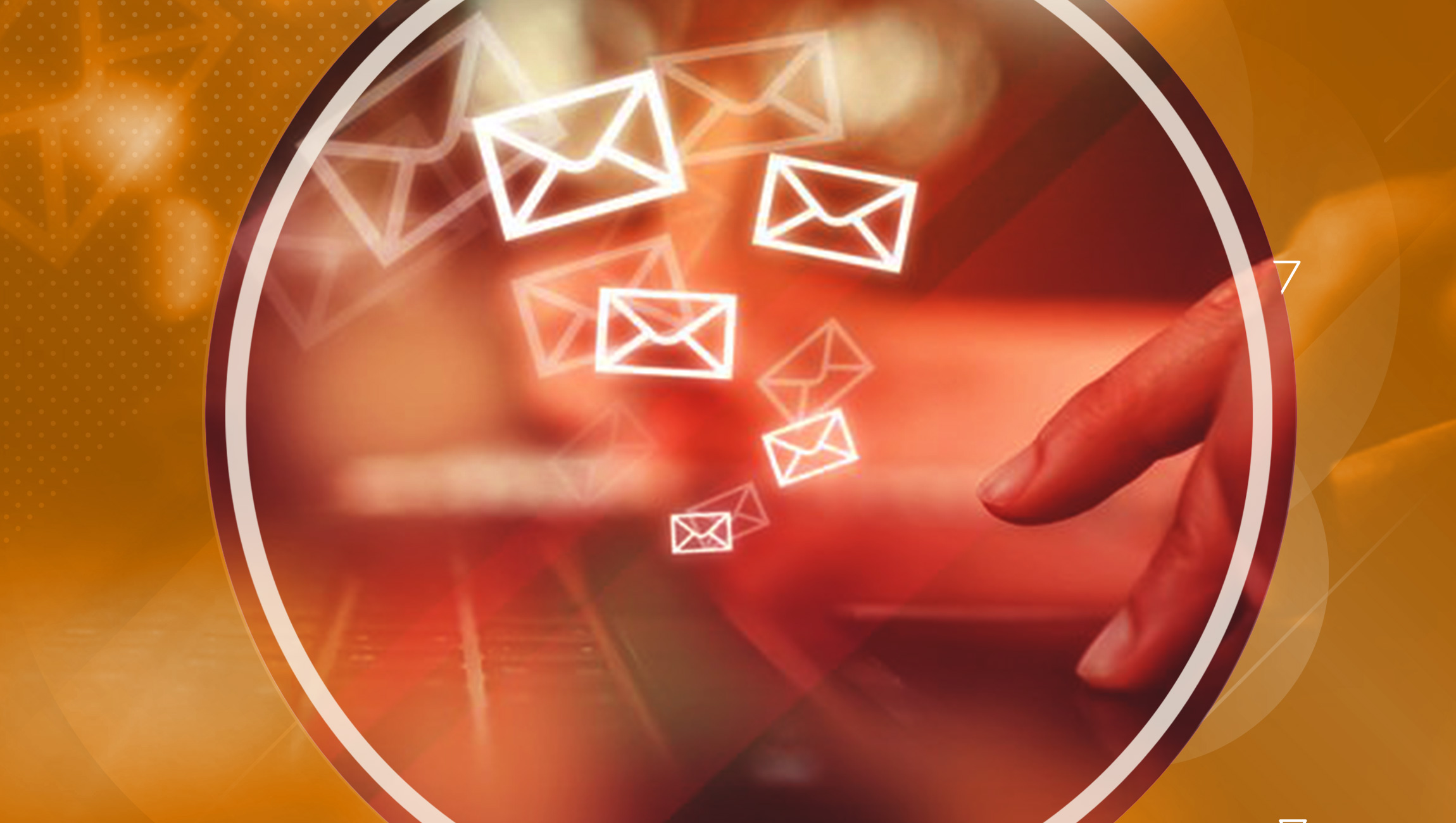Email has long been a preferred means for drip Marketing campaigns, and the days of blasting one generic message to your entire email list are long past. You can find countless articles, books, and podcasts that provide advice on how to segment and personalize Email Marketing content to make it relevant and compelling to specific age groups.
I recommend you ignore that advice. Whether your target audiences are members of Generation Z, Millennials, Generation X or Baby Boomers, they all share the same frustrations and fears caused by the deluge of spam they receive every day.
Cyber Thieves Love Email
We hear a lot nowadays about how cyber attackers are growing more sophisticated with their methods and tactics. However, the tried-and-true “phishing” email attack remains their preferred method for deploying malware onto their targets’ computers and mobile devices.
A phishing attack is an email crafted to resemble correspondence from a trustworthy source like a retailer or bank to trick individuals into clicking on a link or downloading a file that launches malware. Some phishing attacks can execute their hidden payloads if the target simply opens the email message.
Verizon’s annual Data Breach Investigations Report (DBIR), which ZDNet Editor-in-Chief Larry Dignan calls “the bible of security,” reveals that a typical organization receives more than 90 percent of its detected malware through email messages. One-third of all data breaches involved phishing and nearly 80 percent of all cyber espionage-related incidents leverage phishing.
“You would think these things would be defended a little better by now, but things like phishing and social engineering tactics – that stuff still works and it works pretty well,” adds Dignan.
A Tired User Experience
Even if you could guarantee your audiences that your emails are 100 percent malware-free and that the content of each message will be carefully and cleverly crafted to be relevant to their wants or needs, the majority are unlikely to open them.
Millennials and Gen Z, in particular, don’t use email except while they’re at work. Consumers of all ages are moving away from email as their primary communication platform in favor of social messaging apps. That’s not exactly breaking the news – according to a three-year-old App Annie report, people between the ages of 13 to 24 spend more than 3.5 times overall usage time in messaging apps. Marketing professionals need to do the same. That’s not possible via email’s one-way engagement model. You’re “talking” to your target audiences, not engaging with them on a back-and-forth basis.
The Numbers Don’t Lie
Social messaging apps like Facebook Messenger, Instagram, SnapChat deliver a better and safer user experience than email. These platforms are all much more rich media-capable than email, which makes it easier for users to share videos, images, and other content than forwarding emails to their friends and family. And because they’re not forwarding emails, they’re also not potentially forwarding malware. The result: much higher message open and ad click rates.
Rapid advances in Natural Language Processing (NLP) technology and Machine Learning enable you to better customize the user experience by precisely measuring consumer sentiment and intent so you gain the insight you need to determine how best to engage with your customers.
Read more: Managing the Messaging Maze: How Modern Marketers Can Move the Needle with Millennials
How does it work?
Consider the ROI a major events brand has realized after leveraging AI and ML technologies to build an interactive presence on Facebook Messenger. The company produces dozens of motivational, leadership and personal development seminars around the world every year. These events are the brand’s highest yielding Facebook campaigns, and deploying click ads in its Facebook News Feed was effective in reaching target audiences and driving them to its web site.
However, the number of people who now use the Facebook Messenger mobile app as their primary access portal to their social networks is growing rapidly. The company recognized this trend presented an opportunity to create a more engaging experience and reach a diverse audience.
It launched its Facebook Messenger application that leverages AI, Machine Learning and Natural Language Processing (NLP) technologies to drive a true two-way “conversational commerce” experience. Critically, it’s also able to measure consumer sentiment and intent. After just two weeks, 90 percent of users the application contacts on a proactive basis become opt-in subscribers. As a result, the conversion rate improved by 17 percent and the number of completed e-commerce transactions increased by nearly 10 percent. A traditional drip Email Marketing campaign cannot deliver similar numbers.
Not All Messaging Apps Are Created Equal
It’s important to note that the word “messaging” is a broad umbrella, and not all platforms are as effective as others. The SMS text messaging was poised to assume the mantle of the most popular messaging app, but it is limited due to restrictions on the size of messages, a largely text-only experience, clunky-to-no support for rich media, and the fact that like email, it’s become a vehicle for spam and phishing attacks.
Rich Messaging solutions such as Facebook Messenger deliver better user engagement and ROI for brands. They are more interactive and allow for measuring and reporting intent, sentiment, and needs of the end consumer. This enables brands to apply Machine Learning to collect, analyze and use the ever-growing volumes of customer data they’re collecting (always with the customer’s explicit permission!) to create highly personalized engagements. The resulting “conversations” are the key to driving long-term engagement, build trust and turn customers into loyal and vocal brand advocates.
Read more: Why Email Is the New Secret Weapon for CMOs











